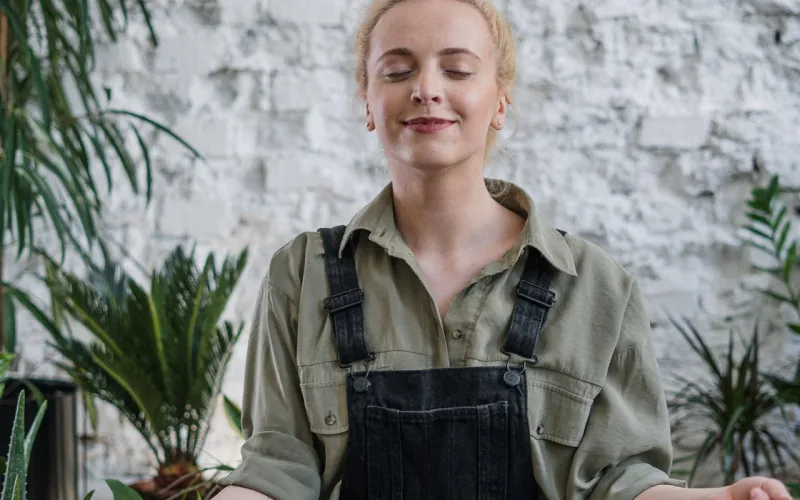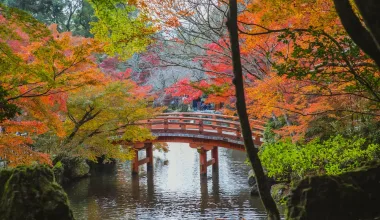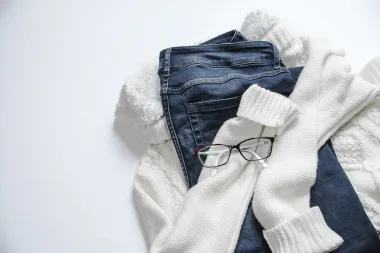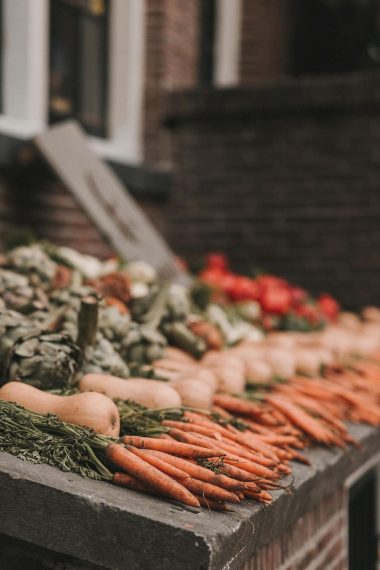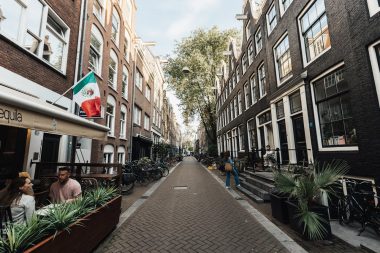Last Updated on November 22, 2023 by Ecologica Life
I was growing various herbs in my house, basil, mint, and coriander. I’m sad to report that the coriander plant didn’t make it (I’m sure you’re devastated).
The question occurred to me, what should I do with the empty pot? Throwing it in the bin didn’t seem environmentally friendly. However, I don’t really plan on growing anything else in it. So, what should I do with it?
In this article, we will see how an old plant pot can be reused or recycled. That way you will know what to do with your old plant pots in the future.
Table of Contents
Why Plant Pots Can Be Harmful to the Environment
Garden pots can be harmful to the environment. Plastic plant pots can take up to 500 years to decompose. They end up in landfill if they are not recycled properly. This adds more microplastics to the environment.
Throwing terracotta, cement and ceramic plant pots is also an unsustainable practice. These materials take a lot of energy and resources to make. They are also heavy and require a lot of fuel to ship around the world.
Cement is particularly damaging to the environment. The Guardian reports that “if the cement industry were a country, it would be the third largest carbon dioxide emitter in the world with up to 2.8bn tonnes, surpassed only by China and the US.”
Concrete is thought to be responsible for 4-8% of CO2 emissions worldwide. Recently, scientists have been unveiling the secrets of Roman concrete, and may have found a way to make stronger and more sustainable concrete. Read about it here.
Things to Put in Flower Pots other than Flowers
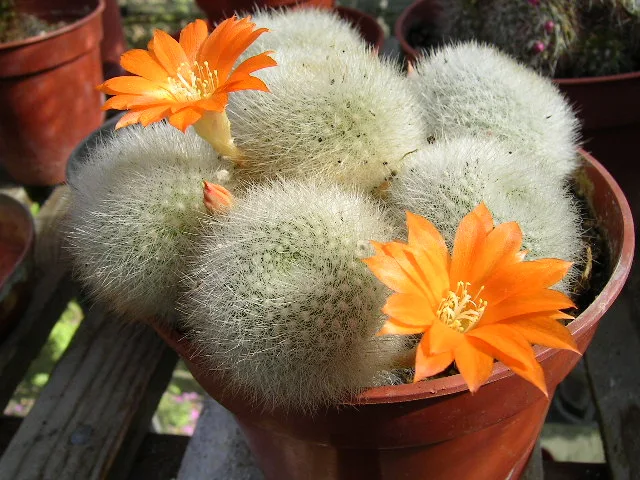
Repurposing an old plant pot can be a fun and creative way to give it a new life. Here are some ideas:
- Herb garden: Turn your old plant pot into a mini herb garden. You can grow herbs such as basil, thyme, and mint, which are perfect for use in the kitchen.
- Succulent display: Succulents are easy to care for and can thrive in smaller pots. Create a succulent arrangement for a stylish, modern look.
- Bird feeder: Convert the pot into a bird feeder by adding a base for birdseed and hanging it in your garden.
- Fairy garden: Create a magical fairy garden for your children. Add miniature houses, tiny plants, and figurines to create a whimsical scene.
- Candle holder: Place a candle in the pot for a rustic outdoor lantern. This works best with cement and ceramic pots. Plastic pots can also serve if they have a flame-retardant lining.
- Stationery pot: Use this on your desk to hold pens, pencils, and other office supplies.
- Painted art pot: Give the pot a fresh coat of paint or some decorative designs and use it as a piece of art in your home or garden.
- Kitchen utensil holder: Keep it in the kitchen to store utensils such as spatulas, wooden spoons, and whisks.
- Pet water bowl: If it’s large enough, the pot can be repurposed as a water bowl for your pets.
There are likely a million ways you could repurpose your old plant pot. The options listed here are very diverse, but I hope they will spark some of your own creative ideas. The key to successfully repurposing an old plant pot is to be creative and think about how its size, shape, and material can best be used.
Think about your everyday needs, how could an old plant pot be repurposed to solve a problem or need? Let us know in the comments how you have reused your old plant pots.
Can You Recycle Plant Pots?
Can you recycle plant pots? Sort of. Your local municipality won’t want these pots in the recycling bins. But sending them to landfill isn’t eco-friendly either.
DIY stores or garden centres may be able to accept your old plant pots. They can be sterilised and reused, or shredded and recycled into new products.
Knowing what kind of plastic your plant pot is made of will help you decide how best to recycle it. A good place to start is by looking for the recycling symbol, usually on the bottom. You can then check online to see if this plastic is recyclable. There are also apps like Recycle Academy that do this for you.
When recycling your plastic pots, make sure they’re free of soil and other contaminants. The cleaner your pots are when you send them for recycling, the less likely they are to be rejected by the recycler and sent to landfill.
You could also consider donating them to a local school, a neighbour or someone with a garden. Ideally, you should keep some for yourself if you plan to plant more in the future.
Leave us a comment to let us know what you do with your old plant pots.
